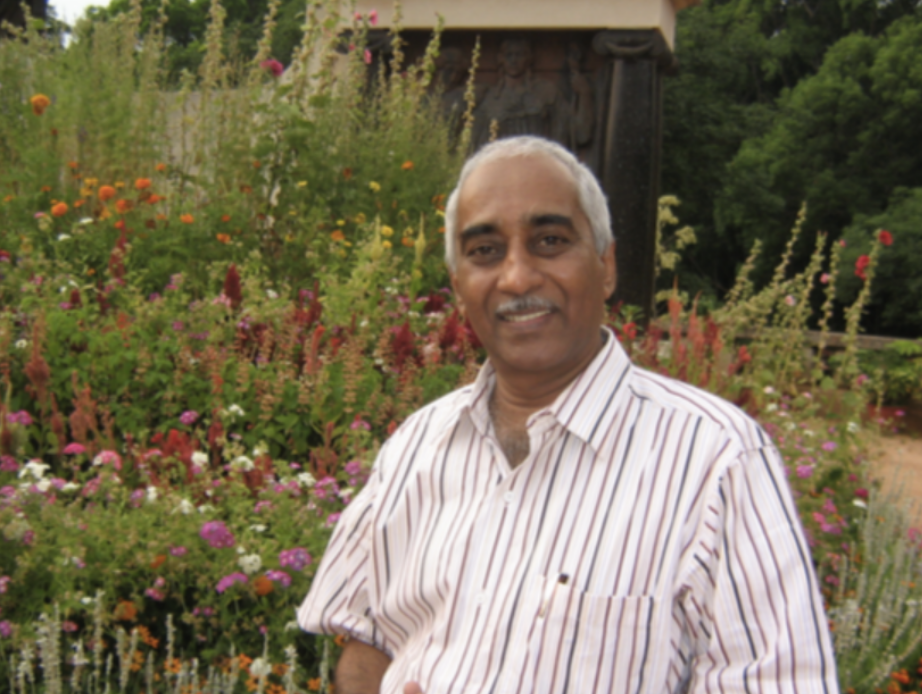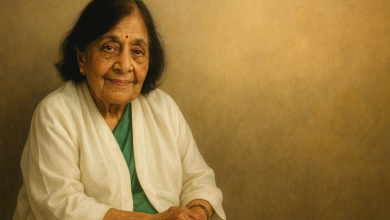A Legacy of Excellence: The Life and Contributions of Dr. Belmannu Devadas Acharya
Dr. Belmannu Devadas Acharya, fondly remembered as Dr. B.D. Acharya, was a mathematician, researcher, and educator whose contributions left an indelible mark on the scientific community.

Born in September 1947 in Udupi, a coastal town in Karnataka, India, his life journey reflected an unwavering commitment to advancing mathematics and science.
Early Life and Education
Dr. Acharya’s early years were shaped by his father’s transferable job in the Department of Cooperation under the erstwhile Mysore State Government.
This necessitated frequent relocations, which exposed him to diverse educational experiences across Karnataka.
He completed his schooling at:
His college and university education demonstrated his academic brilliance:
Academic Career and Personal Life
Dr. Acharya began his illustrious academic career in November 1975 at the Mehta Research Institute of Mathematics and Mathematical Physics (MRI), now known as the Harish-Chandra Research Institute.
He made significant contributions during his tenure to Graph Theory and Discrete Mathematics, including publishing 35 research papers, six monographs, and editing a symposium proceeding.
In 1976, Dr. Acharya married Mukhtiar Kaur Gill (now Mukti Acharya), a fellow research scholar at MRI.
Contributions to Science and Research
From 1985 to 2007, Dr. Acharya served as Principal Scientific Officer at the Department of Science and Technology (DST), Government of India.
Despite a demanding official role, he continued his prolific research, publishing over 120 research papers, three monographs, and editing several international conference proceedings.
He played a pivotal role in promoting interdisciplinary research in areas such as Himalayan Glaciology, Monsoon Variability, Earthquake Research, and Planetary Sciences.
He spearheaded the creation of the Mathematical Sciences Office in DST, which became a cornerstone for advancing mathematics, statistics, and computer science in India.
Dr. Acharya was instrumental in establishing the Institute of Advanced Study in Science and Technology (IASST) in Guwahati and six Centers for Mathematical Sciences across India.
His efforts bolstered research collaborations and training in mathematical sciences nationwide.
International Collaborations and Recognition
Dr. Acharya’s global engagements included visits to institutions in France, Germany, and Hungary.
He initiated the Indo-Hungarian Programme of Cooperation in Science and Technology and represented India at the World Conference on Climate Variability in Baltimore, USA, in 2003.
His achievements were recognized with fellowships from the National Academy of Sciences (India) and the Allahabad Mathematical Society in 2003.
Final Years and Legacy
Post-retirement, Dr. Acharya continued his academic pursuits as an Adjunct Professor and Visiting Professor at several institutions.
On October 22, 2012, he was appointed as the first Director of the Wrangler Dr. D.C. Pavate Institute of Mathematical Sciences, Karnatak University, Dharwad.
Dr. Acharya passed away on June 18, 2013, during an international conference he organized.
He left behind an enduring legacy of research publications, monographs, and poetry written under the pen name “Devapriya.” Some of his literary works are curated at A Billion Stories – HERE and HERE. Two of his last poems and a short story which were found by his son on his laptop after he passed are presented here: (1) Goddess of Knowledge (2) Want me to talk? (3) Barber, Poetry and Mathematics.
His life is a testament to dedication, intellectual curiosity, and a passion for nurturing science and mathematics. Some of his work in mathematical research can be found HERE.
Through his work, Dr. Acharya has inspired generations of scholars and continues to be celebrated for his remarkable contributions. The birth of “The Scientific Indian” was also driven by his inspirational personality.
Note: If you have known Dr. B.D. Acharya and would like to record your remembrances with him, you can write to coordinator@thescientificindian.com or leave a comment below.
